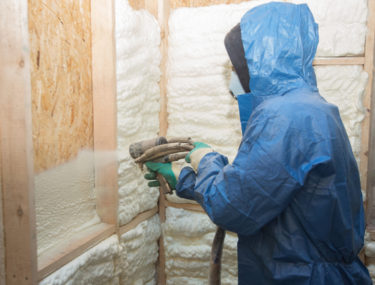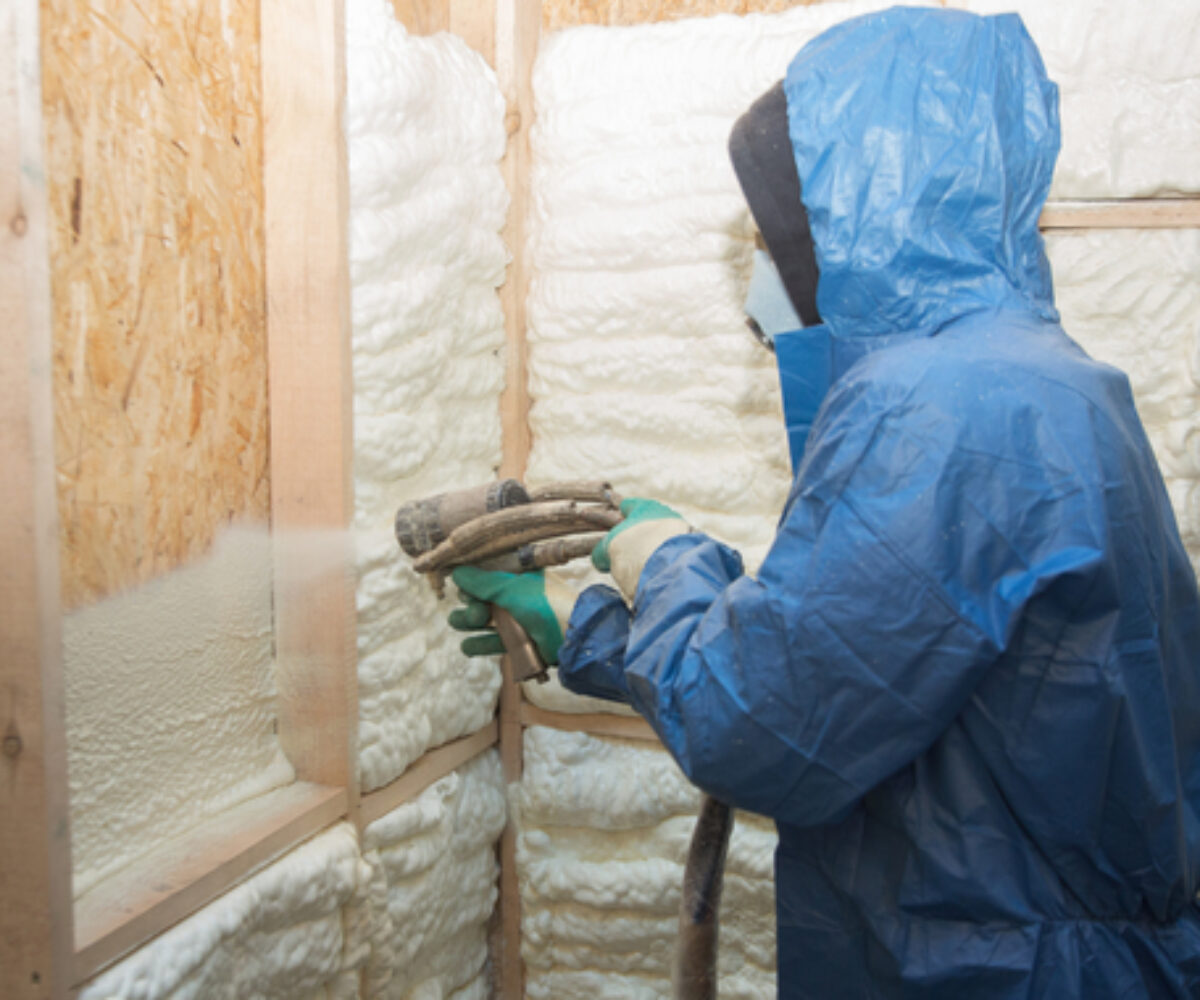What is the Best Insulation for a Basement?

Spray Foam
Spray foam is exactly what it sounds like (a foam that expands and hardens after it has been sprayed) and is a particularly good choice for basement walls. There are many advantages to using spray foam, including an airtight seal against moisture, pipe coverage, and structural stability. Unfortunately, quality often costs. This is probably the most expensive method of basement insulation; nevertheless, it pays for itself in lower utility bills and efficiency.
Foam Board
Foam board is exactly that, a rigid foam panel. When installed in your basement it provides a sturdy barrier against outside air. It is also clean, affordable, and, unlike traditional insulation, does not necessarily need maintaining and replacing. The cons, however, include moisture buildup and leaked air between boards (if not installed correctly). Foam board can be a good choice for insulation if you have a contractor that is familiar with the installation process.
Fiberglass
Fiberglass is a plastic material that has been reinforced with fine glass fibers. This is a more traditional method of insulation and can often be found in older homes. The pros of fiberglass insulation include cost-effectiveness and easy installation. Unfortunately, fiberglass can harbor mold if it holds condensation, which often proves the source of mold (and allergens) in old houses. When considering insulation methods, consider the climate of your home. Where there are areas of possible condensation, you may want to choose an insulation type other than fiberglass.
Sound Attenuation
When you consider insulation it’s typical to think only of temperature and moisture control, but don’t overlook the application of insulation for sound-dampening purposes. Fiberglass batts can be installed in the floor joists of a basement ceiling to dampen the sound traveling between floors. Batts can also be added to interior basement walls to help with sound insulation–for example, in the walls surrounding the mechanical room. Though these options won’t completely eliminate sound from surrounding areas, they will help dampen and diminish the noise.

